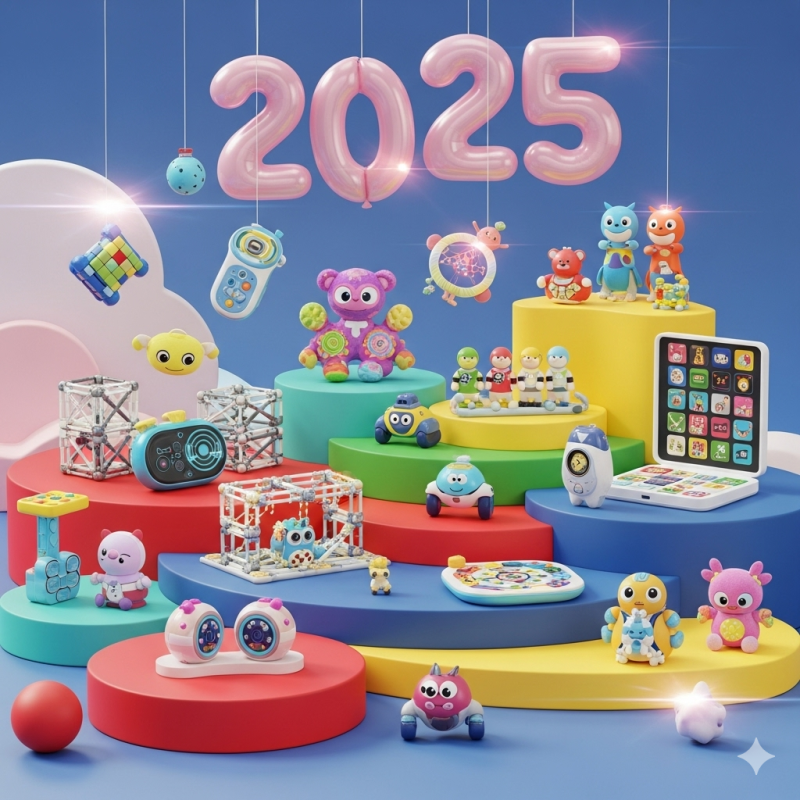You Are Your Child’s Most Influential Example
It may seem like the outside world—friends, school, media—has the strongest influence on your child’s development, but studies and real-life experiences prove otherwise. The truth is, children learn by example, especially from their parents and caregivers. Even when children resist or push back, they continue to absorb patterns, attitudes, and values from their primary home environment.
You are your child’s first and most enduring role model. What you do consistently teaches them far more than what you say. So, if you want your child to grow into a happy, healthy, responsible adult, it starts with the example you set today.
Own Up to Your Imperfections
Parents are often perceived by children as perfect or infallible. But showing your child that you’re human—yet still growing and learning—is one of the most powerful lessons you can give.
-
Model acceptance: Talk openly about your flaws or mistakes with honesty and humor. For example, “I forgot my keys today, but I’m going to be more careful next time.”
-
Normalize imperfection: Let your child see how you handle frustrations or disappointments calmly.
-
Build trust and resilience: Children who see their parents embrace imperfection feel safe to be themselves and less afraid of failure.
Owning your imperfections shows children that learning is a lifelong process, not a fixed state of perfection.
Know Your Principles, Morals, and Values
To model what you want your child to learn, clarity about your own beliefs is crucial. Without this foundation, children may receive mixed messages or struggle to understand what truly matters.
-
Take time to define the principles that guide your decisions—honesty, kindness, respect, responsibility, and empathy are common pillars.
-
Consistently align your choices with these values, demonstrating integrity in action.
-
Your child learns how to navigate moral dilemmas by observing how you stand by your beliefs, even when it’s challenging.
Firm values provide children with a compass to develop their own sense of right and wrong.
Share Your Thought Process
Children benefit when parents go beyond commands and explain reasoning. This transparency:
-
Helps children understand why certain decisions are made, fostering respect and cooperation.
-
Develops critical thinking by modeling decision-making steps.
-
Encourages openness so children feel comfortable asking questions and expressing opinions.
For example, instead of simply saying, “Don’t drink alcohol,” explain, “I’m not having a drink tonight because I need to drive safely.” This kind of communication respects your child’s intelligence and promotes understanding.

Guide Their Decision-Making Process
Decision-making is a skill that’s rarely discussed explicitly but is vital for independence and maturity.
-
Teach your child to pause and think before acting by asking leading questions like, “How do you feel about this choice?” or “What might happen if you do this?”
-
Model weighing pros and cons in everyday situations, such as budgeting money or choosing how to spend free time.
-
Encourage reflection on past decisions, both good and bad, highlighting lessons learned.
Over time, this guidance shapes confident children who know how to make choices aligned with their values.
Avoid Saying “Do as I Say, Not as I Do”
This old adage signals a disconnect between words and actions, and children notice it quickly. If you want your child to behave in a specific way, you must model it consistently.
-
If you expect honesty, be truthful yourself—even about uncomfortable things.
-
If you want them to respect others, show respect in your daily interactions with family and strangers.
-
When adult behaviors differ from what you expect of children, explain the reasons clearly and respectfully.
Consistency builds trust and admiration: your child will emulate what they see as authentic and fair.
Even Teenagers and Adults Mirror Their Childhood Examples
As children grow and assert independence, it can seem like they’re distancing themselves from parental influence. However, studies show that as adults, individuals often return to the patterns and values modeled in childhood, especially those consistently reinforced by parents.
-
Your daily behaviors today shape the adults your children become.
-
Modeling integrity, kindness, resilience, and empathy creates a strong foundation even when children explore different ideas on their own.
-
Remember, you’re raising not just kids but future adults who will make decisions based on what they learned at home.
Benefits of Raising Happy, Healthy Kids
Modeling positive behavior contributes directly to raising happy healthy kids with benefits that last a lifetime:
Improved Physical Health
Children who grow up in supportive, stable environments tend to develop strong immune systems and fewer chronic illnesses due to reduced stress and healthier habits modeled by parents.
Better Mental Health
Happy and healthy kids typically exhibit resilience, emotional regulation, and an overall positive outlook on life, reducing risks of anxiety or depression.
Enhanced Academic Performance
A stable emotional base increases concentration, memory, and problem-solving skills, leading to better learning outcomes.
Stronger Social Connections
Children who learn empathy and respect at home are more likely to form meaningful friendships and develop supportive social networks.
Increased Self-Esteem
Kids who feel valued and accepted by their families grow with a strong self-image and confidence.
Improved Overall Well-Being
A healthy family environment fosters satisfaction and contentment, contributing to lifelong happiness.
Be the Example of Happiness and Health
To raise happy, healthy children, you must first demonstrate what happiness and health look like in your life.
-
Show your own joy through daily activities, healthy habits, and positive relationships.
-
Take care of your physical and mental well-being visibly, reinforcing self-care as a priority.
-
Children observe how you manage stress, setbacks, and successes.
Your authentic example influences their understanding of what it means to live well.
Treat Your Kids as Individuals
While passing on values matters, your children are unique individuals with their own personalities and preferences.
-
Respect their right to explore ideas, hobbies, and friendships beyond your own experiences.
-
Provide a safe space for them to try new things — even if they are different from what you expect.
-
Support their individuality while gently guiding with your values as a base.
This balance nurtures confident, independent kids who grow into well-rounded adults.
Demonstrate Empathy and Compassion
Empathy is the emotional skill of putting oneself in another’s shoes. It must be taught through example.
-
Show empathy in your daily interactions—with your child, other family members, and strangers.
-
Narrate empathic thoughts: “I think she’s feeling lonely, so I’m going to check on her.”
-
Encourage compassionate actions, like helping others and listening attentively.
Empathetic kids tend to become kind, socially aware adults.
Show Respect to Your Children
Respect is a two-way street. If you want kids who behave respectfully, you must show it first.
-
Avoid yelling or harsh criticism; instead, use calm, positive communication.
-
Validate their feelings even when setting boundaries.
-
Listen to their thoughts and involve them in decisions when appropriate.
This respect builds trust, cooperation, and emotional security.
Practice Mindfulness and Presence
In a world full of distractions, being truly present with your child is a gift that models mindfulness and attention:
-
Turn off phones and devices during family time.
-
Engage fully in conversations and activities.
-
Model managing distractions and focusing on the moment.
Children who learn mindfulness tend to be emotionally balanced and better at regulating stress.
Conclusion: The Legacy You Leave as a Parent
The lesson is clear: children learn by example above all else. Your habits, attitudes, and values shape their childhood and future. By owning your imperfections, living your principles, communicating openly, and showing empathy and respect, you create a nurturing environment where your child can thrive emotionally, mentally, and physically.
Remember, you are raising the adults they will become. Model the best you can today, and you provide them with a lifetime of guidance.




